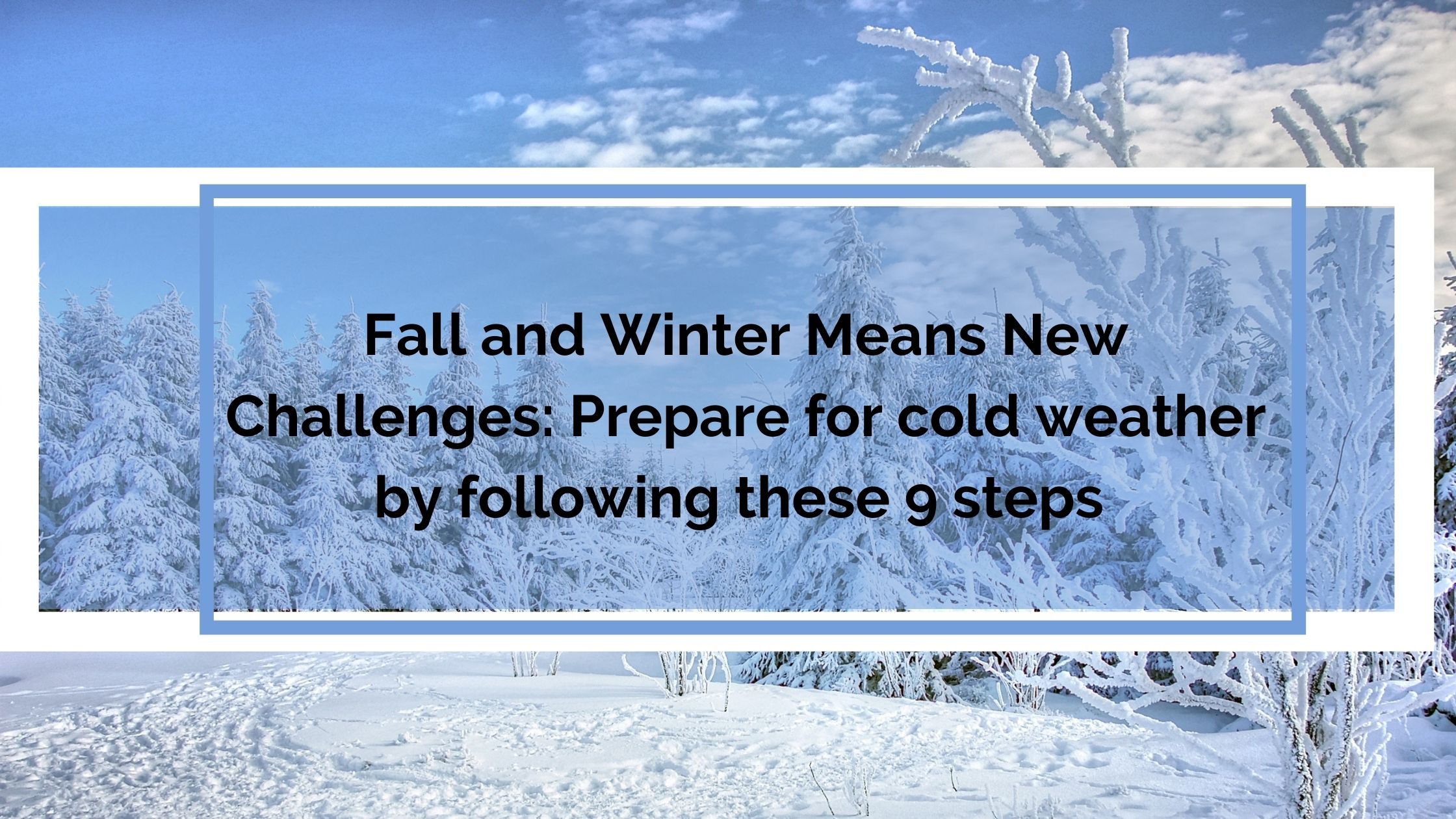
Cold weather is right around the corner, depending on where you live, this can be a dreadful time of year for many people. Especially for people with conditions like chronic obstructive pulmonary disease (COPD).
{{cta('fa8abc2a-1e88-4fa3-82fd-1cb5b9ed43b2','justifycenter')}}
Low Temperatures and nasty weather can cause COPD symptoms to get worse, which is why you have to be super careful and prepared for winter. The cold and dry air can ignite a flare-up and even require you to go to the hospital. According to a study, temperature extremes, below freezing, are particularly dangerous.
An influx of cold air into the lungs can trigger a number of negative responses in your lungs, and the cold air will narrow your airways.
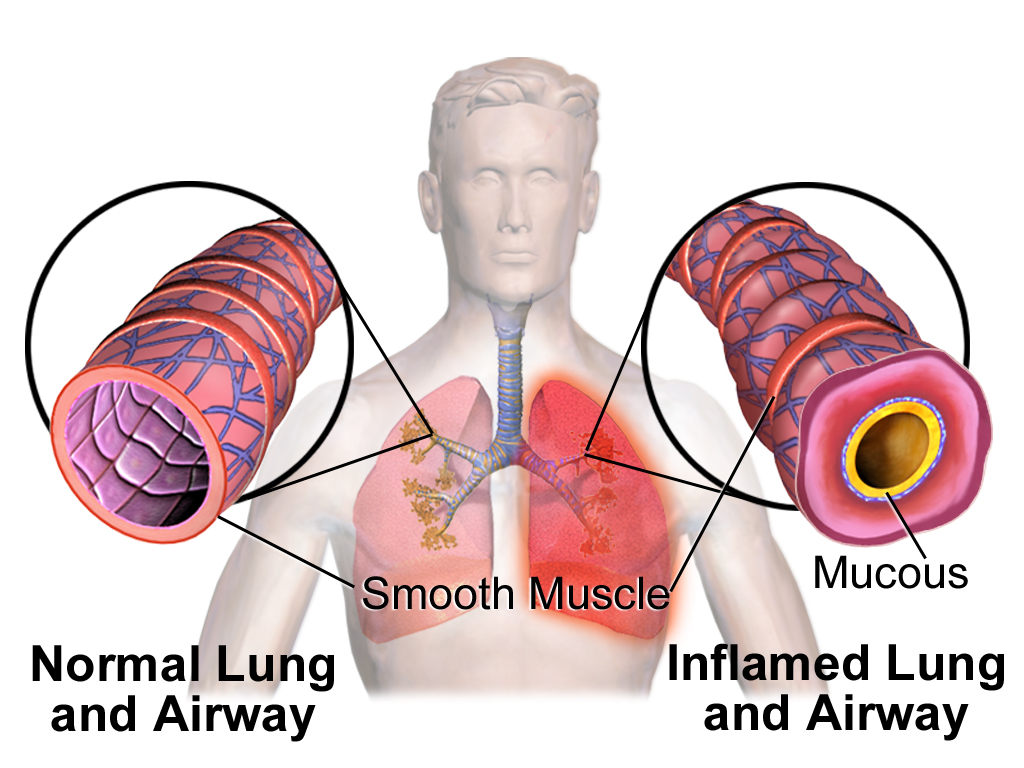
When this happen you may experience the following symptoms:
- Dyspnea
- Wheezing
- Coughing
- Shallow breathing
- Increased mucus production
- Difficulty clearing airways
All of these symptoms are uncomfortable and can cause a COPD exacerbation and may require you to take a trip to the hospital if your symptoms don't improve.

More snow and frozen sidewalks are just two of the many challenges we face during these winter months. On top of all of this, travel to and from the doctors office is sometimes impossible. Taking care of yourself and taking the necessary precautions during this time is crucial for your health and wellbeing.
If you are an oxygen patient, meaning you have a pulmonary condition that restricts your ability to breathe the proper amount of oxygen into your body, this blog will be a great resource for you to help combat the cold weather and its effects on your body.
We will give you all of the tips and tricks for not only surviving the winter months, but how to create an environment in your home and mind that is nurturing and comforting!
1. Getting Enough Exercise
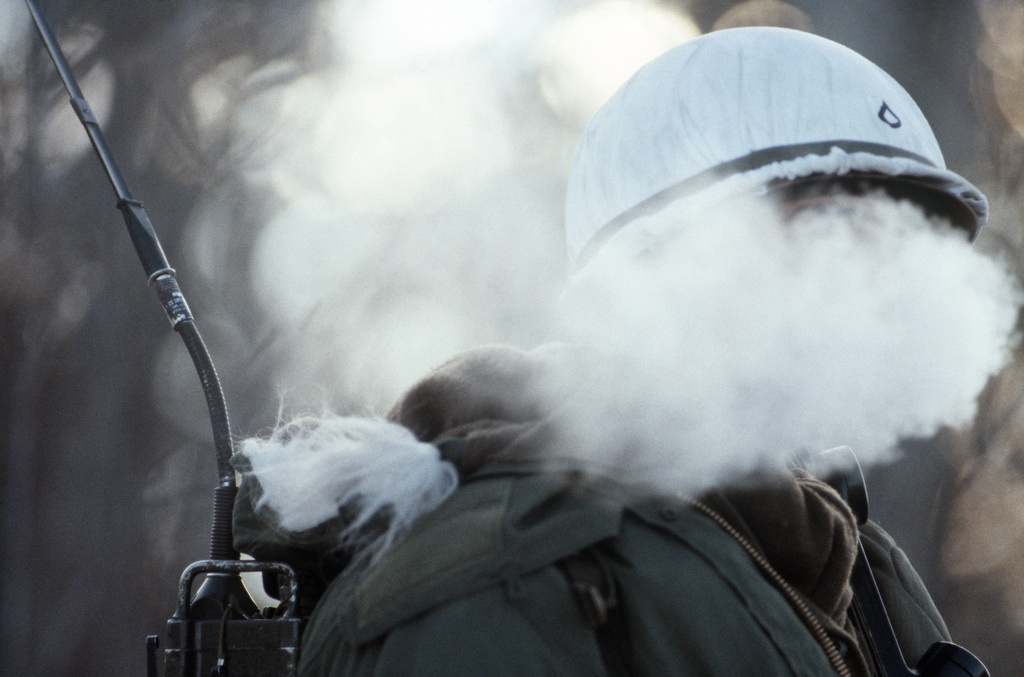
Exercise is a crucial part of COPD treatment and helps all people with or without respiratory illnesses.
Keeping your lungs strong also helps keep your muscles and bones healthy, so you can live a longer, happier life. In the winter exercise is especially challenging.
![]()
Driving in the snow can be so dangerous, even just walking to your car you risk the chance of slipping on ice. Driving to your pulmonary rehab course or to the gym might not be an option for you in the winter months.
Here are some great alternatives, but check with your doctor before starting an exercise program:
2. Walk
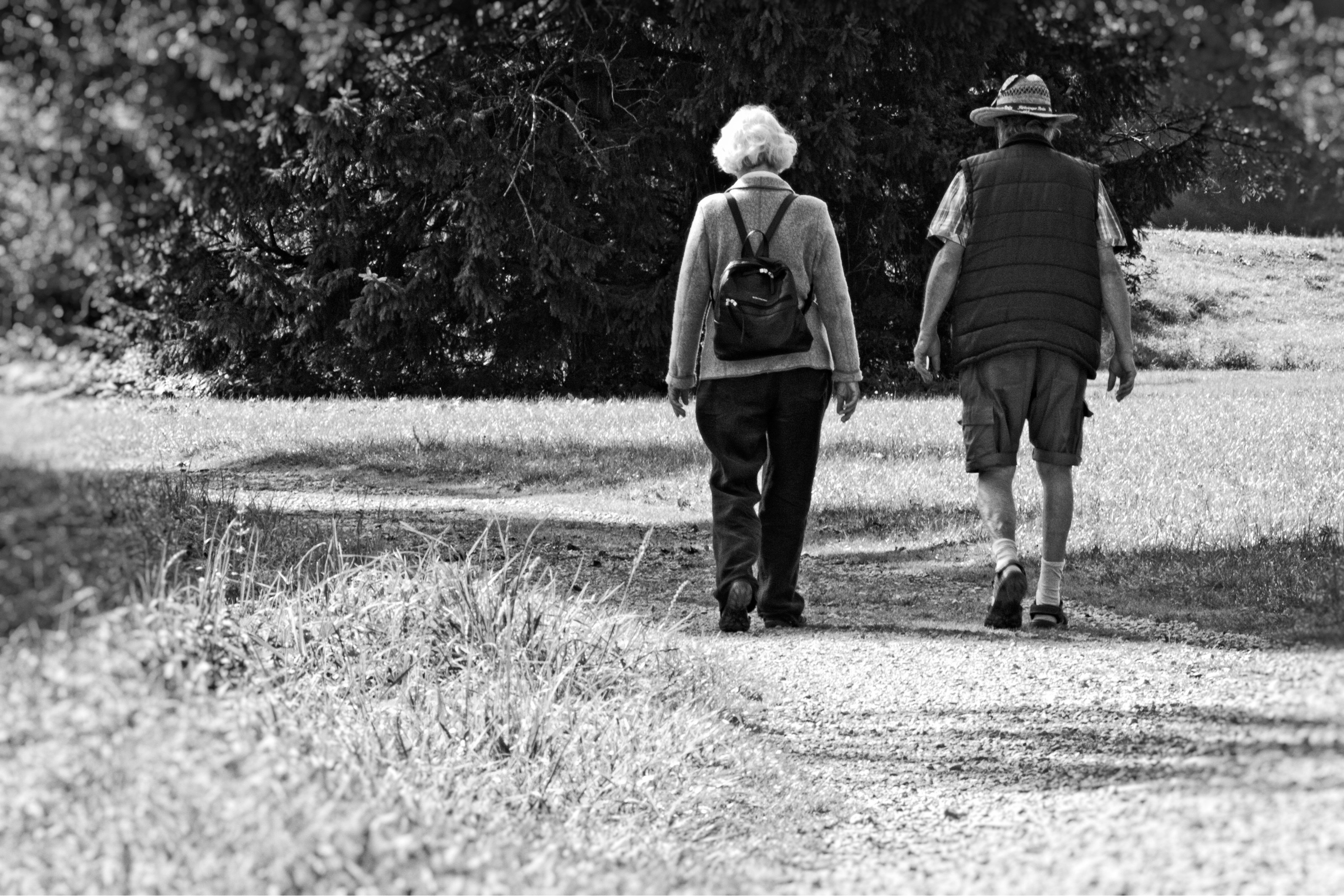
Just about everyone with COPD can walk, even if you don’t exercise much, walking is a great way to start. The best part is that you can do it anywhere, and it is still beneficial. If you have a treadmill, or space in your living room, simply just walking around your home can contribute greatly to your health.
If it seems daunting, start with super small objectives and then add 30 seconds or 10 yards each day. This slow and short pace will still be so good for you.
While walking outside, try breathing through your nose instead of your mouth may also be helpful as this will warm the air before it reaches the lungs.
3. Bike
A stationary bike is a great option for people with COPD, especially when it is too cold or snowy outside to ride a bike outdoors. Being in the privacy of your home can also help a lot of people get over the fear of exercising in front of others, which is very common.
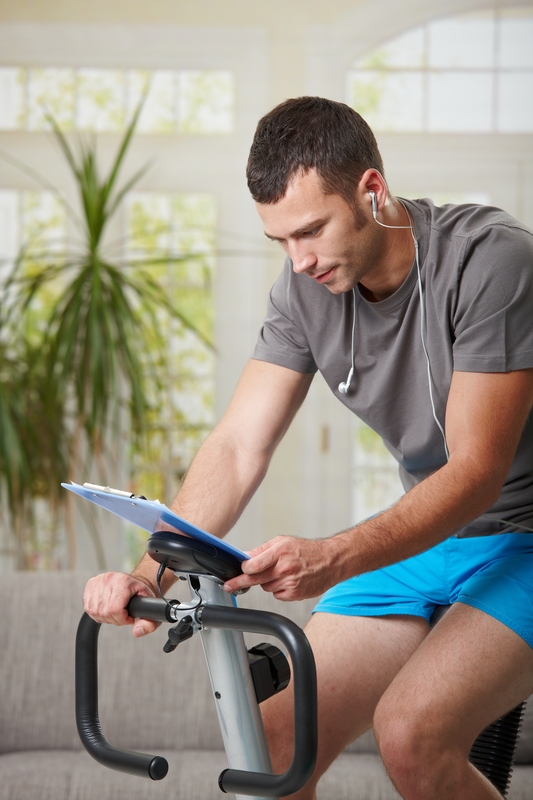
A stationary bike is a safe way for people with COPD to reap the benefits of biking, without venturing too far away from their home. And if you need oxygen therapy, you are able to exercise with your portable oxygen concentrator tanks right next to you without carrying the extra weight with you on the bike.
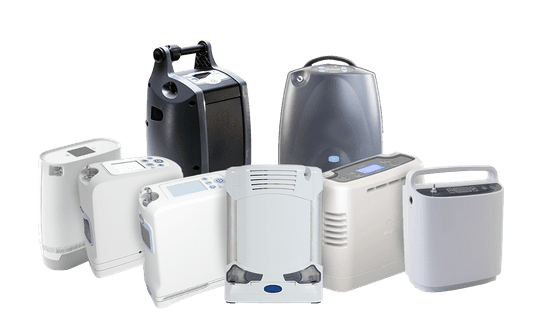
4. Weighting lifting
Lifting light weights can help you maintain strength so you are able to do everyday things, like reach a high shelf or carry a gallon of milk.

You can order cheap hand weights from amazon, stretchy bands, or just use water bottles or soup cans to try arm curls by following these simple steps:
- Hold the weights at your sides palms forward
- Breathe in
- Lift toward your chest
- Keep elbows down
- Exhale slowly
- Slowly lower your arms back down as you breathe in.
- Build up to two sets of 10-15 repetitions.
any exercise makes you short of breath, stop and sit down for a few minutes.
5. Avoid Oxygen Delivery Delays
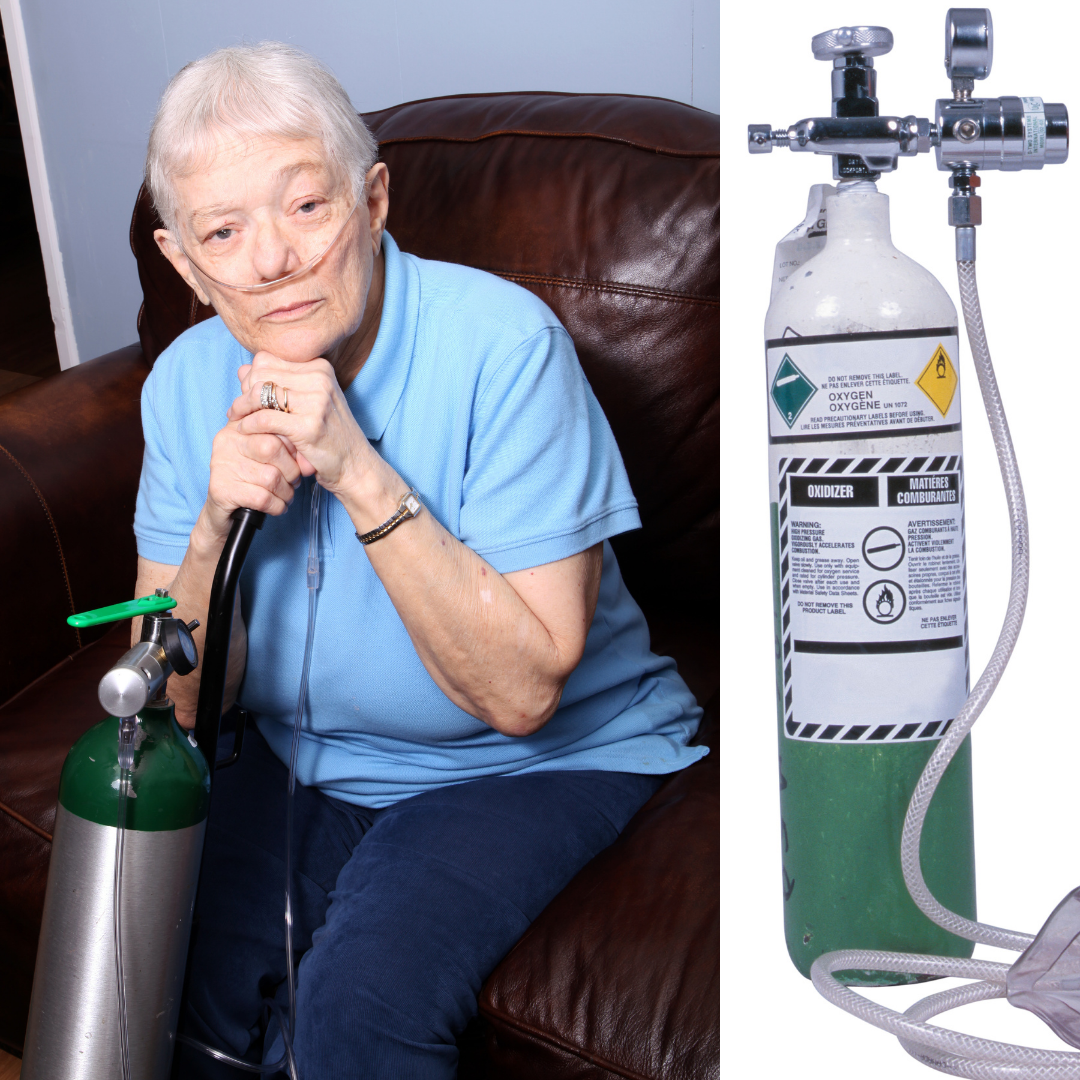
Getting your oxygen delivered as an oxygen patient is something that you always have to worry about. In the winter, be weary of delivery delays and other weather impacts in delivery services!
Keep an oxygen canister for emergencies on reserve for if your oxygen refill is delayed.
If you have a portable oxygen concentrator, you will not have to worry about getting your oxygen delivered. Instead you might have to worry about power outages.
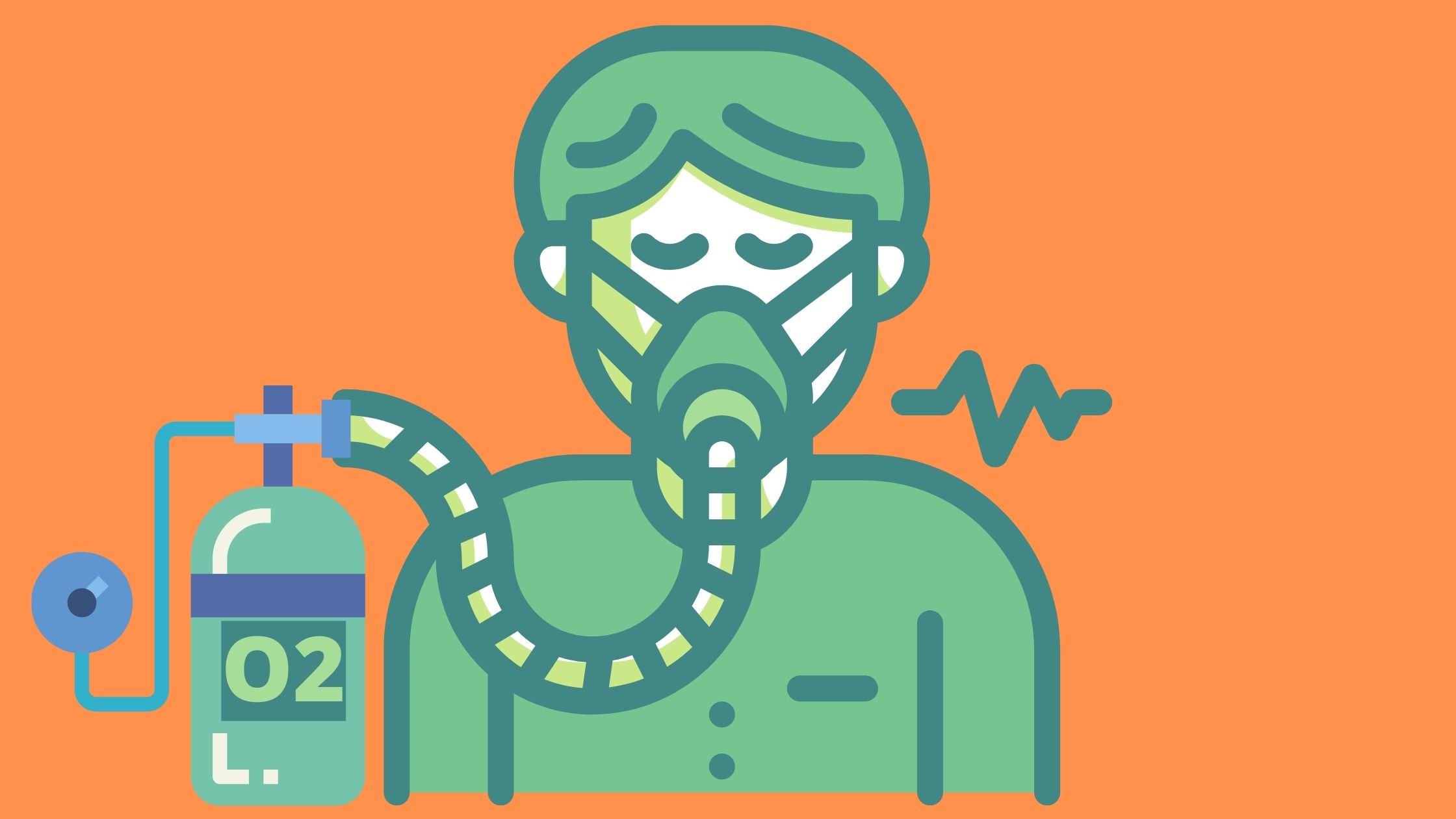
Keep an extra oxygen concentrator battery or a charged battery on deck for bad storms where the power potentially goes out. An external battery charger would also be a helpful tool for these situations!
6. Meal Prep and Grocery Shopping
Eating and diet are very important aspects of your COPD treatment. Eating foods that don’t bloat or put more pressure on your lungs is crucial to combat exacerbations and other health related issues.
In the winter, you can meal prep for the week to avoid multiple grocery store trips, and also to maintain a healthy diet. Here are some helpful tips for winter dishes that will help you maintain a healthy weight throughout the winter:
Eat protein-rich foods
Eat high-protein, high quality foods, such as
- grass-fed meat
- pastured poultry & eggs
- fish — particularly oily fish such as salmon, mackerel, and sardines.

Complex carbohydrates
complex carbohydrates are your friend because these foods are also high in fiber. FIber helps improve the function of the digestive system and blood sugar management.
Make a chili or soup with some of the following ingredients:
- peas
- bran
- potatoes with skin
- lentils
- quinoa
- beans
- barley
- fresh produce
You can also do fresh fruits for breakfast but some are more suitable than others, here is a list of some good ones:
- Avocados
- Tomatoes
- Bananas
- Oranges
Vegetables are always a good option, they contain vitamins, minerals, and fiber. These nutrients will help to keep your body healthy, again some vegetables are better than others for people with lung conditions:
- Dark leafy greens
- Asparagus
- Beets
- Potatoes
A healthy diet won’t cure COPD, but eating right will help your body fight off infections, including chest infections that may lead to hospitalization. Avoiding the hospital in the winter and at all times of the year is always the goal. Eating healthfully will help you reach this goal and it will give you energy to exercise and improve your mood too.
7. Get a Face Mask For Keeping Cold Air Out of Your Lungs
![]()
Breathing in the cold air can irritate your lungs, restrict your airways, causing increased symptoms and in some cases exacerbations.
By covering your nose and mouth with a scarf and breathing in through your nose and out through your mouth you will warm the air before it reaches your airways.
A CT Mask is specifically designed for people living with COPD or asthma to help with breathing in cold air while outdoors.
8. Staying Warm Inside Safely

Keeping your home at a comfortable temperature is important, but if you have COPD or asthma, don’t use fireplaces. The wood can cause smoke build-up which can also aggravate your respiratory symptoms.
While you are indoors, the air humidity should be around 40%. If you live in a particularly dry area, you can reach this humidity with a humidifier.
9. Avoid Infections
.jpg)
To reduce your chances of visiting the hospital this winter, avoid infections. You can do this by washing your hands often and thoroughly. And to make sure you stay up-to-date on recommended vaccinations, especially for the flu and pneumonia.
The Cleveland Clinic also recommends that you:
- stay hydrated
- practice good hygiene
- keep your home sanitized
- avoid crowded places and people who are sick to reduce your risk of getting an infection
- If you do get a cold or the flu, it’s important to treat it as soon as possible.
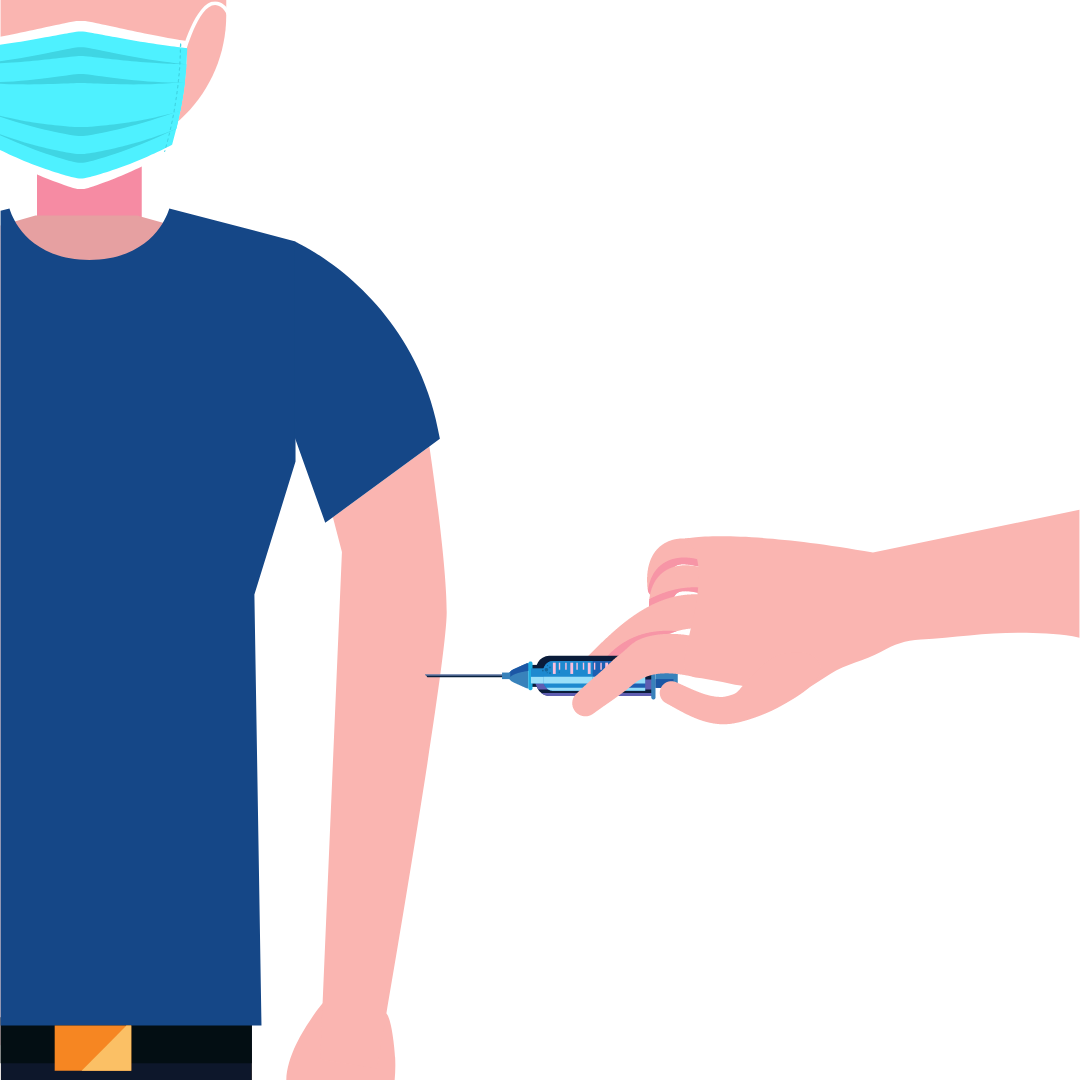
There are also outbreaks of flu in periods of cold weather, so protect yourself against infections and take advantage of the free flu vaccine you are entitled to!
Overview
{{cta('43b79c5e-6bd6-4f02-ac27-2d038d20c146','justifycenter')}}
By following these steps, you will have a better chance of staying healthy over the cold winter months.
These tips and tricks can take some getting used to but once you are able to nail down a winter routine and execute your COPD treatment effectively in the winter and only takes a little bit of patience after that for spring to roll around again!
If you are shopping for a portable oxygen concentrator, us here at LPT Medical are here to help! We have an inventory of pulse flow and continuous flow devices, all of which are top on the line and reliable devices that will get you through any season!
We also have oxygen accessories that we sell separately so if you need an extra battery, external battery chargers, tubing we got you covered!

Just call us anytime at 1(800)-946-1201

